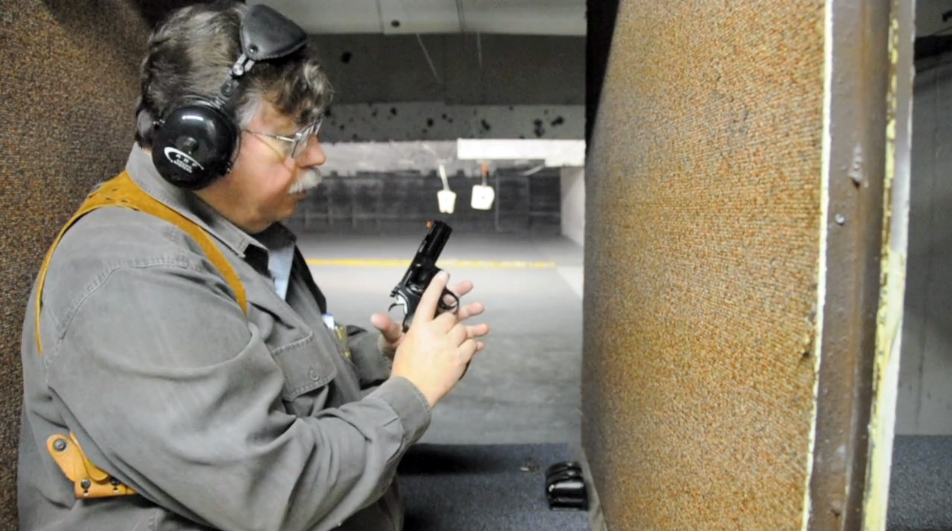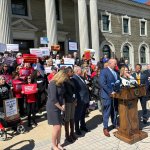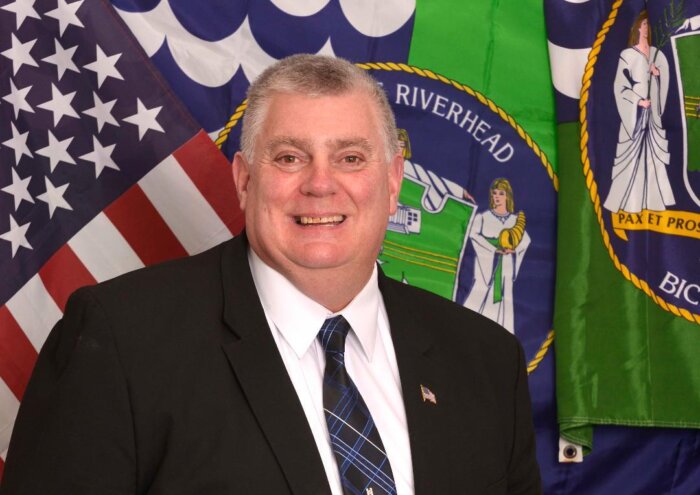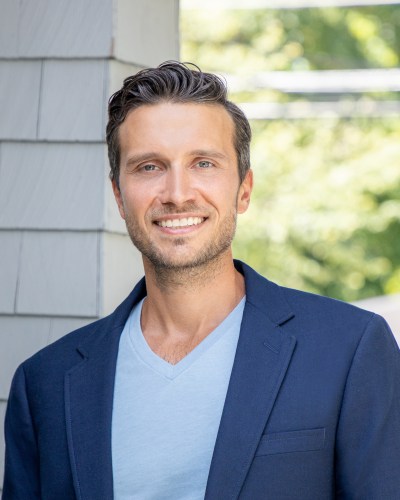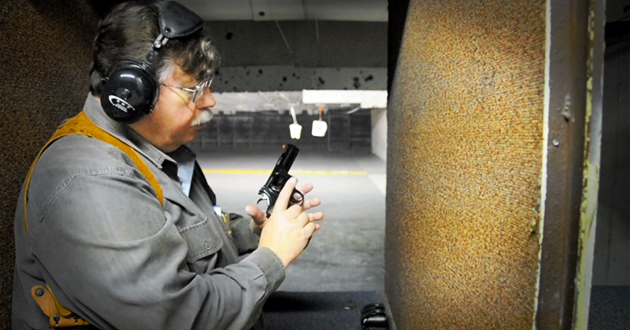
The gun control debate has been ricocheting on Long Island since a proposal requiring background checks for gun sales nationwide was defeated in Congress last month, leaving Americans divided on the issue of reforming the nation’s gun laws.
Despite the motion being in their favor, proponents of gun rights continue to express concern that their right to bear arms and ability to purchase and keep certain kinds of firearms are still being threatened. Meanwhile, gun control advocates remain hopeful that future reform will eventually come to pass.
“At that moment I was shocked, heartbroken, and angry, but there are a lot of silver linings to that vote,” Rep. Carolyn McCarthy (D-Mineola), a staunch supporter of gun control, said recalling her dismay at the recent failure to pass comprehensive federal background checks in the Senate.
Among these silver linings, is the certainty that the bill received votes from the majority of senators–54–and that a number of Republicans as well as moderate Democrats voted in favor of the bill at the risk of a slip in their approval ratings, according to McCarthy. But, the bill needed 60 votes to pass.
McCarthy came to Congress in 1996 with the position to enact tougher gun control legislation after her husband was killed and her son was permanently injured in a mass shooting on the Long Island Rail Road three years prior. Despite such cases like that and the more recent Newtown massacre, others view increased gun regulation as an endangerment to the rights afforded to Americans under the Second Amendment and that law-abiding gun owners are being done a huge disservice.
Steven Blair heads the Long Island Second Amendment Preservation Association and spoke openly about firearm laws and the misconceptions surrounding gun owners.
“There are so many laws in existence now that really should be enforced. If you stop and see all these laws, you can understand why gun owners are already in an uproar,” said Blair.
His comment comes after a measure was passed in New York and enacted just one month after the Newtown school massacre that bans the sale of assault-style weapons and demands federal background checks for private gun sales. While Blair believes that people should be required to comply with background checks, he was quick to also point out that such laws already exist in New York State.
“People who never held a firearm think and feel that firearms are evil weapons that only the police should carry,” said Blair. “They [the police] cannot be in the shadows of every Long Islander and yes, there are crazy people out there that are here to harm you and your family. No laws or political party can stop that.”
McCarthy does not mince words when it comes to the prospect of introducing new gun control legislation.
“The language of this debate is important, it’s not about ‘stricter gun control’ it’s about reducing gun violence, and increasing gun safety,” she said. “Right now, my colleagues and I have a range of bills that we’ve worked on for years and are the result of countless hours of negotiation and research with stakeholders.”
In the past, McCarthy has introduced bills to “strengthen our background check system, improve school safety, and restrict civilian access to high-capacity magazines and assault weapons.” She says that it’s these bills she’s ultimately focused on supporting.
Another local voice for gun rights advocacy is Gary Hungerford who helps manage the Suffolk Alliance of Sportsmen, Inc. (SASI), as a member of its Board of Directors. SASI works to “educate firearms owners and the general public about the opportunities available to them should they wish to learn more or engage in…activities, such as hunting, target shooting [and] personal protection.”
SASI’s members are affiliated with the National Rifle Association, whose outspoken executive vice president, Wayne LaPierre, who has been recognized for his sharp criticism of gun control proponents. The group continues to gain support from its members from across the country including Long Island, where the NRA originally broke ground and created their first practice space for the purpose of building a rifle range back in 1872, according to the NRA.
When asked about gun violence and gun control being at the forefront of American politics in recent months and how the general public is likely to view gun owners, Hungerford was not reluctant to speak his mind.
“I often laugh when I hear the phrase ‘gun violence.’ It’s one of those ‘mass media’ phrases with which they are so happy, because it helps to make gun owners seem like outcasts and extremists,” said Hungerford. “I’ve never known a gun, which is an inanimate object, to do anything, of its own volition. Violence, of any type is brought about by people, not inanimate objects.”
Beyond the halls of Congress and gun clubs countrywide, it’s of little surprise that the world of academia is also buzzing with chatter about the gun control debate.
“I think the existing system where background checks apply only to sales by dealers and not by private parties, is not particularly effective at serving its goal of trying to deny guns to criminals,” says Eugene Volokh, the Gary T. Schwartz Professor of Law at the UCLA School of Law.
Volokh, noted for his expertise on Second Amendment Law, wrote three articles that were cited by the US Supreme Court in the District of Columbia v. Heller case, which said that there is an individual right to keep and bear arms and that therefore handgun bans are unconstitutional.
He believes that in order for gun reform to be effective, extending background checks to private gun sales is crucial. According to Volokh, private sellers would have to sell guns through a professional dealer who would run those sellers through the background check system, of which this dealer would have access, and that this practice wouldn’t interfere with law-abiding citizens’ ability to own guns and to sell guns.
“In principle, if you craft this right, if you present it in a context where the other side thinks, ‘Look, this really is a relatively modest step, we might not like it much, but it’s not a big deal.’ I think it could pass,” says Volokh.
While the law professor sees a chance for real reform, he makes it a point to address the fears that gun owners have, stressing that they are worried about the future and they have reason to be worried.
“Gun rights supporters [and] supporters of all sorts of rights think about the future and they say, ‘Well, wait a minute, what’s going to happen in five or ten years? What’s going to happen if the democrats recapture the House in 2014?’” says Volokh.
What gun rights advocates fear might happen to them in the coming years leads Volokh to believe that these supporters need to do everything they can in order to minimize any future risk.
“Better do everything we can right now in order to minimize that risk,” says Volokh, speaking from the perspective of a gun rights advocate. “Better win every fight…so that the momentum is on our side, better avoid anything that might be a [national gun] registry that could end up being used to confiscate [our] guns.”
In the end, the gun debate in this country is far from over, with both sides vying for control over the discussion.
“As long as there’s gun violence in America,” said McCarthy, “and as long as we see avoidable tragedies that make good people ask, ‘What can we do to save innocent lives in our country,” and until we do everything we possibly can to reduce gun violence in America, this issue will always be important.”



